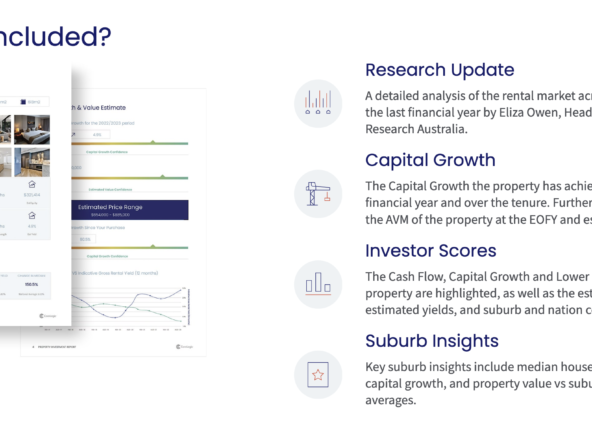When selecting a listing option it is essential to understand that each is part of a greater sales strategy, incorporating an extensive marketing and negotiation process. Each process, although aiming for the same outcome (that is, a sale) has unique characteristics.
There are three methods of sale:
1. Private treaty
2. Auction
3. Tender
Each of methods has particular advantages and disadvantages, we will look into them more detailed.
Private treaty
The term ‘private treaty’ means in Latin ‘negotiation with a view to settlement’. The price and terms and conditions of the negotiations are confidential and are estimated during the negotiation process between Seller and Buyer.
A property can be placed on the market by private treaty sale with, or without, a price.
ADVANTAGES: Suits most styles of residential property, particularly popular in the up- market prestige range, where inspections usually are by appointment only.
DISADVANTAGES:
Listed price might does not meet current market situation.
if the property is listed without price: Some Buyers are not interested in properties listed without the price tag and do not contact Real Estate Agents for more information.
Auction
Auction is an exclusive agency where the property is put on the market without a listed selling price. Price is determined by public bidding at a set time and place on the seller’s terms and conditions. The appointment form must state the day set for the auction.
An auction is effective, efficient, and fair in its method of selling any product that is capable of being sold in the open market. Auction is one of the most universally accepted methods of sale.
The word auction in Latin means ‘to increase’. An auction property is placed on the market without a price. Price is determined through public bidding (or negotiation) at a set time, place, and date. The terms and conditions of the auction sale are determined by the seller, and the prospective buyer must ensure all steps are taken to abide by these terms.
A residential auction sale is usually held at the end of a 30 or 45 day period of marketing. This enables a property to be intensively exposed to the buyer’s cycle within its prime selling time. The agent is not permitted to give any indication about price to a potential buyer. Some people describe auction as the most accessible method of sale. This is because everyone who is interested has the right to back his or her opinion of price in the open market place. Many agents prefer auction to other sales strategies because it best serves all parties in a sales transaction. That is, the seller and the buyer.
ADVANTAGES: An agent and seller have full control over a sale, as feedback is encouraged and bidding (or negotiation) takes place in an open atmosphere subject to public scrutiny by all interested parties. Such an open negotiation strategy ensures that all parties remain informed and have the opportunity to improve their offer before a final sale eventuates.
Buyers usually consider an auction price fair as an indication of a current market price.
Seller sets up a reserve price before action starts. Reserve price is the minimum offer which can be accepted by seller. Also Seller can use their Vendor’s bid, if notified auctioneer before action starts.
DISADVANTAGES: It could be a rainy day, the main buyer might be away.
Tender
The word tender in Latin ‘tendre’ means to offer. To tender in the technical sense means ‘make a formal offer for acceptance’. When a property is put to tender it is listed as an exclusive agency without a price. The terms and conditions of the intended sale are usually not known until close of tender date. However, most tenders give the prospective buyer some guidance regarding the preferred format for tender document, such as a standard contract of sale, and preferred method of payment upon settlement. Expressions of interest are invited by way of a contract, or similar legally binding document of intent, usually on the buyer’s terms and conditions. At the close of tender, all offers are opened and scrutinised by the seller. Although it is a public sale, there is no open bidding or competition. The seller only agrees to sell if there is a written offer where the terms and conditions are acceptable to them.
ADVANTAGES: The tender process is ideal for new income producing properties, which are attractive to overseas buyers, vacant redevelopment sites, residential properties with complicated land zonings, easements, encumbrances etc, commercial, retail and industrial freeholds, where long term tenancies are in place and government regulations have to be considered.
DISADVANTAGES:
It is difficult to control a sale by tender due to the private nature of the bidding process. It is difficult to guide the buyer because, technically, bids are sealed and not known to the seller or agent until the close of tender date. Likewise, an agent can find it difficult to keep a seller informed because feedback is limited.The most intense period of negotiation is at the close of tender.
The buyer can become impatient after a period of time waiting for a confirmation of their offer. There is a real risk that the purchaser may become ‘cold’ on the property and start looking for other options
After 30 days the property is rapidly lapsing from its prime selling time and may become ‘stale’ on the market and difficult to sell if not sold by the close of the tender date.
Please fill in the form below for a free property appraisal





